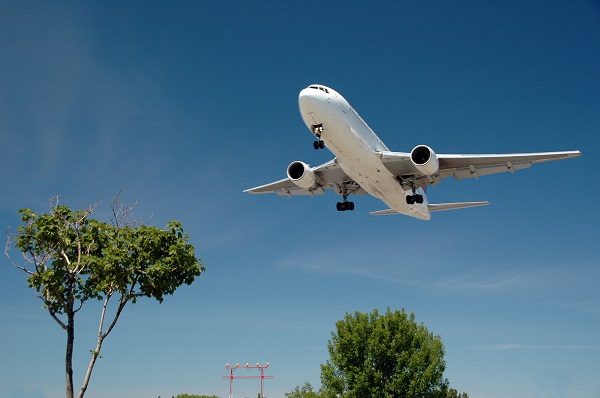Houston Airports Aviation Director Reflects on Adapting to 2020 Challenges
Published Oct 02, 2020 by Maggie Martin
When it comes to global connections, international trade, and innovation, Houston airports have taken the region to new heights. Unfortunately in recent months, COVID-19 has affected nearly every facet of the Houston economy, and our airports are no exception. Mario Diaz, Aviation Director for the Houston Airport System, spoke about those challenges and how the region's airports have adapted at the Partnership's State of the Airports event on October 2.
Pandemic's Impact to Houston Airport System
"We had a record-breaking year in 2019," said Diaz. "We were clearly on track to exceed 60 million passengers in 2020."
Diaz noted that the numbers took a major turn in March. Passenger traffic figures fell by 50% compared to 2019 levels. Traffic declined further in April by 95%, and then by 90% in May.
"Our airfields began looking more like aircraft parking lots," said Diaz. "And so, few passengers meant little revenue was coming in."
About 80% of concessionaires and retailers closed down with only about 50 store fronts remaining open. Parking, noted Diaz, which is the largest non-airline revenue source, was decimated.
"That was our rock bottom," he said. "But it was the point when I believe we found our greatest strength in ourselves, in our essential team and our leadership. We knew we had to adapt. We had to be nimble. We knew we had to come together and act fast."
Priorities and planning for HAS were focused on the safety and access for their essential workforce, their financial health and their airline partners.
New Technology, Safety Measures Implemented
In early 2020, Hobby Airport became the first in Texas to have fully biometric boarding and international entry, significantly reducing the need to touch surfaces.
Diaz said HAS saw an opportunity with the pandemic to fast-track their program at George Bush Intercontinental Airport (IAH), which is on course to become fully biometric for international departures and arrivals.
"We are also testing out other touchless technology to incorporate in the airport experience like touchless bag drops, touchless kiosks and check-in. This is a giant milestone to celebrate," he said.
The Houston Airport System also launched FlySafe, which implemented enhanced safety measures for airport shuttles, trains, curbside, ticketing areas, baggage claim, gates and other areas. Measures included mandatory face coverings, hundreds of additional hand sanitizer stations, social distancing markers, and more deep cleanings.
Houston on Shortlist for Space Command HQ
Diaz also talked about Houston's bid to host the headquarters for U.S. Space Command.
The establishment of the U.S. Space Command increases the ability of the Joint Force to project power and influence, reduces decision timelines for space operations, and brings focused attention to defending U.S. interests in space. According to the U.S. Air Force which is overseeing the selection of Space Command’s permanent headquarters, it will employ approximately 1,400 civilian and military personnel when fully operational.
"Space Command acts as a warfighting command in space," said Diaz. "We thank Governor Abbott for nominating Ellington Airport."
Click here for more information about Houston's airports. Learn more about international business in Houston.
 The Houston Report
The Houston Report


















